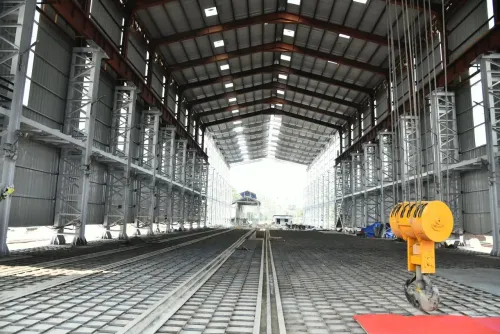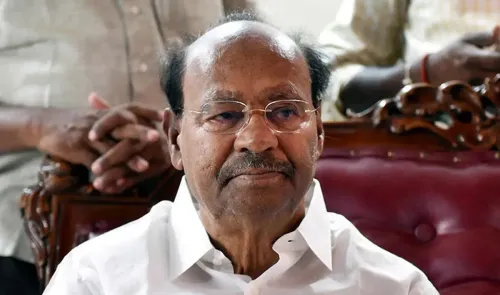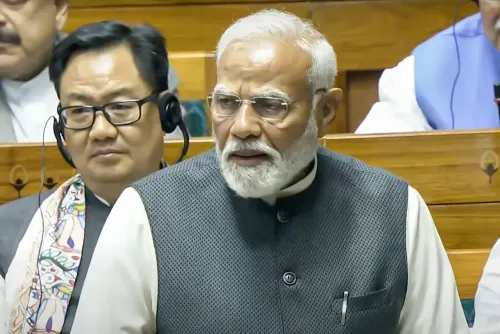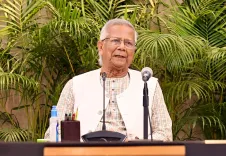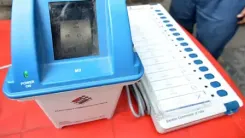Why are ASHA workers in Kerala marching to CM Vijayan’s home?
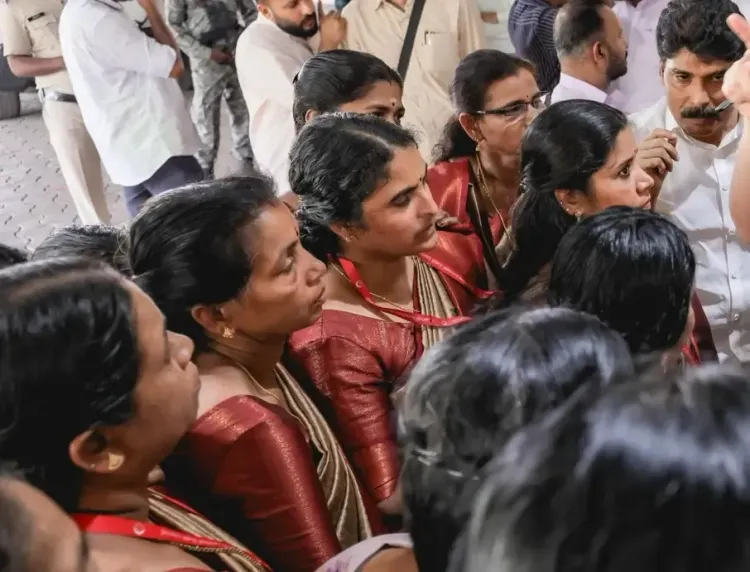
Synopsis
Key Takeaways
- ASHA workers are crucial for primary healthcare.
- They have been protesting for 256 days for fair wages.
- Recent government proposals fall short of their demands.
- Escalation in protests highlights their urgent needs.
- Negotiated settlements are critical with elections approaching.
Thiruvananthapuram, Oct 22 (NationPress) A group of Accredited Social Health Activist (ASHA) workers in Kerala, who have been protesting for 256 days seeking increased honorariums and post-retirement benefits, intensified their demonstration on Wednesday by marching to Cliff House, the official residence of Chief Minister Pinarayi Vijayan.
This date was particularly chosen as President Droupadi Murmu was visiting for a four-day state engagement.
Recently, the ASHA workers presented their grievances to President Murmu through a formal representation.
Under the leadership of the Kerala ASHA Health Workers Association (KAHWA), these workers have been holding a sit-in protest outside the state secretariat since the beginning of the year. However, on Wednesday, hundreds of protestors managed to breach several police barricades and faced water cannons while attempting to reach the Chief Minister’s residence.
The demonstrators chanted slogans accusing the Left government of neglecting their long-standing demands. Their primary requests include a significant increase in their state-paid honorarium from Rs 7,000 to Rs 21,000 a month and a post-retirement benefit of Rs 5 lakh.
“ASHA workers are the backbone of the primary health system, yet we are still treated like daily wage workers,” stated one protestor.
This protest continues despite a state government-appointed committee suggesting a modest increase of Rs 3,000 in the honorarium and a post-retirement benefit of Rs 1 lakh, which falls short of the workers’ demands. This issue is also related to initiatives from the Central government.
In July, the Centre announced an increase in the fixed monthly incentive for ASHA workers. During the 9th meeting of the Mission Steering Group (MSG), a raise from Rs 2,000 to Rs 3,500 was approved along with proposed enhancements to retirement benefits.
However, the protesting workers contend that these actions are insufficient. They highlight that escalating living costs and the nature of their work—including door-to-door healthcare, maternal care, and community-level disease prevention—necessitate fair wages and social security.
As the protest enters its ninth month, there is growing pressure on the state government to reach a negotiated resolution, especially with local body elections approaching and assembly elections scheduled for early next year.


